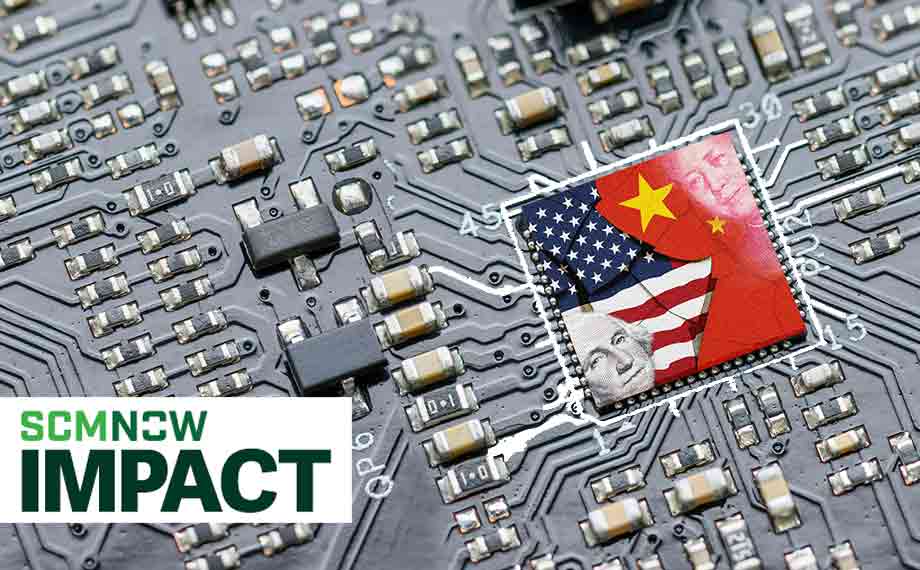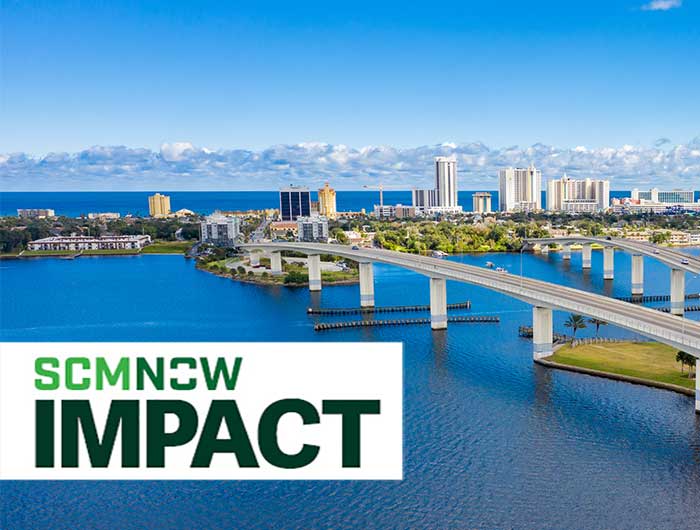After years of supply chain uncertainty, it’s easy to believe that greater availability of crucial electronic components, medical supplies and agricultural products is a good thing. But anyone with a basic understanding of economics knows that an oversupply of anything can have negative consequences — namely, a precipitous drop in prices. When it comes to medicine and food, that’s not a bad outcome for the consumer. But it’s also vital to keep our farmers and factories afloat with balanced costs and fair business practices.
This week, the U.S. government and President Biden asserted that China is “flooding” the supply chain with electric vehicles and steel, among other products, with the goal of reducing prices and forcing the United States to import goods instead of manufacturing them onshore, CNN reports. “The Chinese government, Biden argued, is providing state money to Chinese steel companies to make more steel than the economy demands, pushing down the price and making it impossible for other companies to compete.”
The United States is not alone in the assessment that China is trying to “revive its economic fortunes” by saturating the world with cheap goods: The Wall Street Journal reported earlier this year that the United States, the European Union, and emerging economies including Brazil and Mexico are “joining the backlash, zeroing in on Chinese imports of steel, ceramics and chemicals that they suspect are being dumped on their domestic markets at knockdown prices.”
Now, the White House has announced a new round of significant tariffs on China to demonstrate prioritizing American supply chains and bolster national security. The tariffs will affect imported steel and aluminum, legacy semiconductors, electric vehicles, battery components, critical minerals, solar cells, cranes and medical products. Rates range from 100% on electric vehicles, to 50% for solar components, to 25% for all other sectors, CNN explains. Onshoring and U.S.-based technological advancement have long been goals of the Biden administration, though he acknowledges that China may retaliate with similar tariffs. The Chinese government has already promised to do so, per Bloomberg News.
Staying competitive in the job market
The fight for balanced trade with China creates uncertainty for American businesses, particularly those in supply chain. This underscores the importance of a skilled and adaptable workforce. Enter ASCM’s 2024 Supply Chain Salary and Career Report. It’s our annual research into the most important part of the industry: the people. Based on more than 5,000 survey responses, this analysis will help you better understand your career today and how to excel in the future. Whether you’re evaluating your team’s ability to handle global affairs, honing your own strategic competition know-how or just want to see how your salary compares, download the report today and get the latest information on supply chain careers across the globe.
Not a member? Join ASCM’s membership community today for just $10 per month to enjoy the full report and so much more. Then, register for our upcoming members-only webinar that will delve deeper into many key findings, including top skills sought by employers, career paths of supply chain professionals and so much more.



